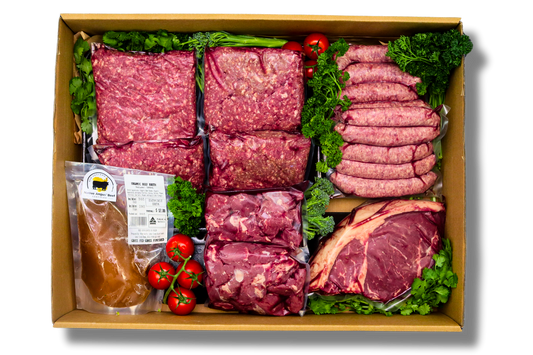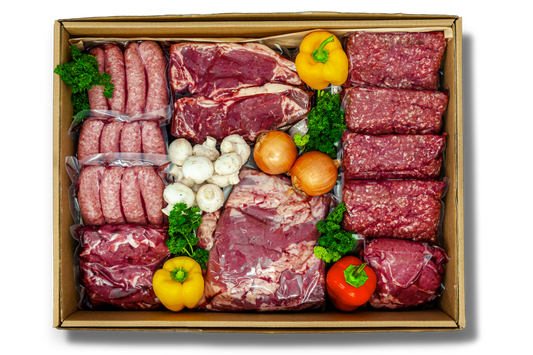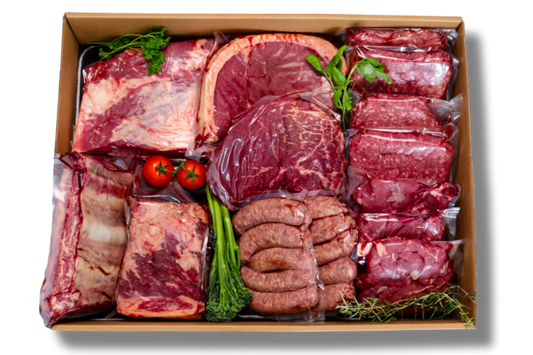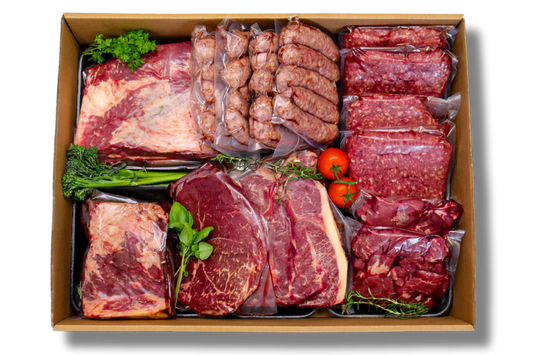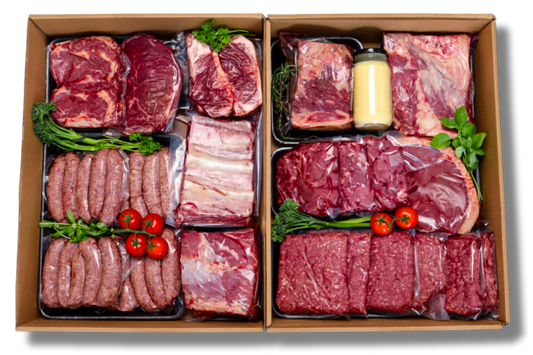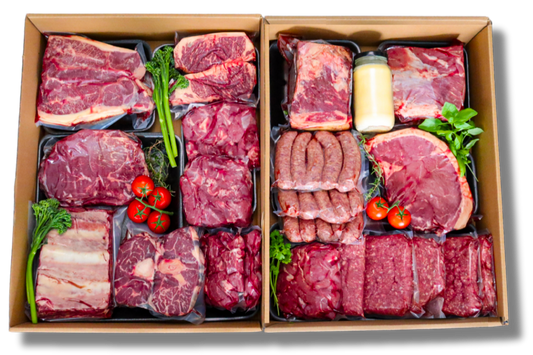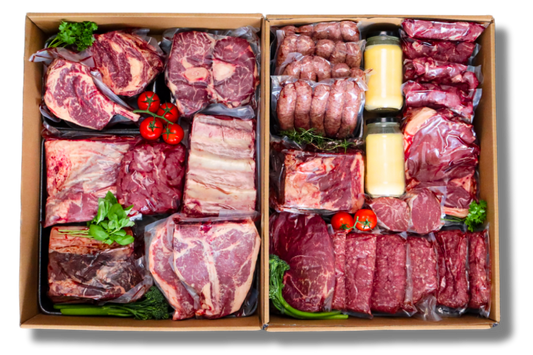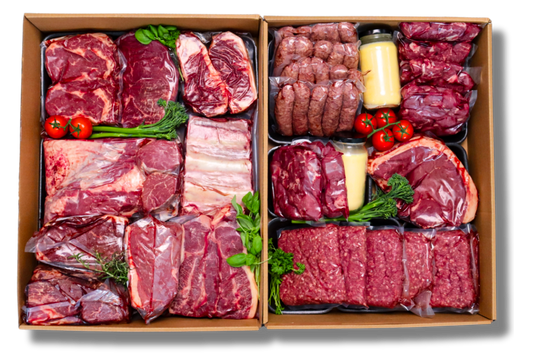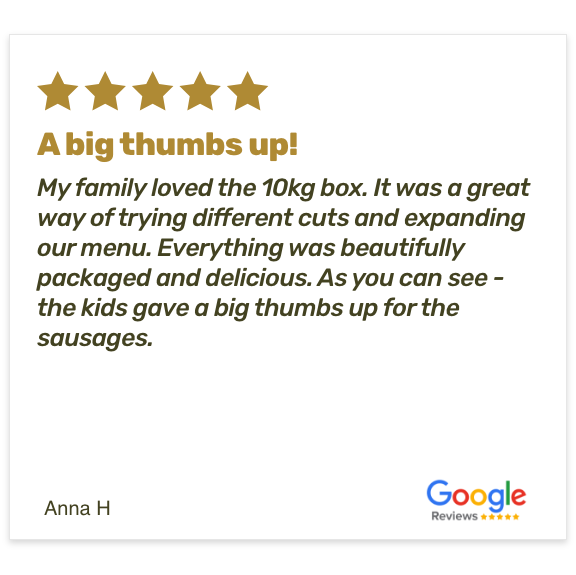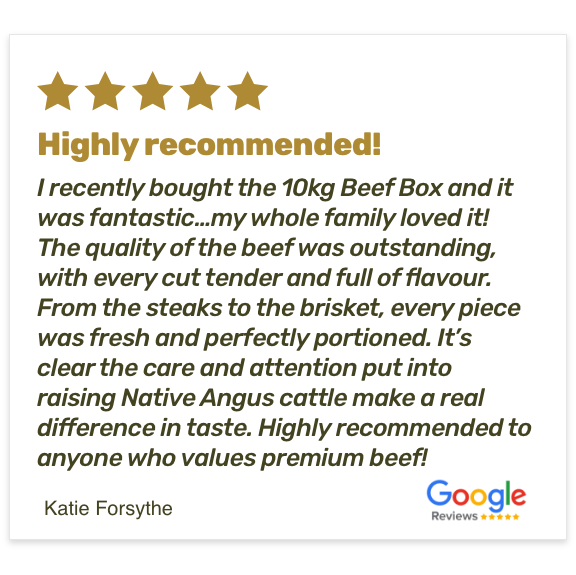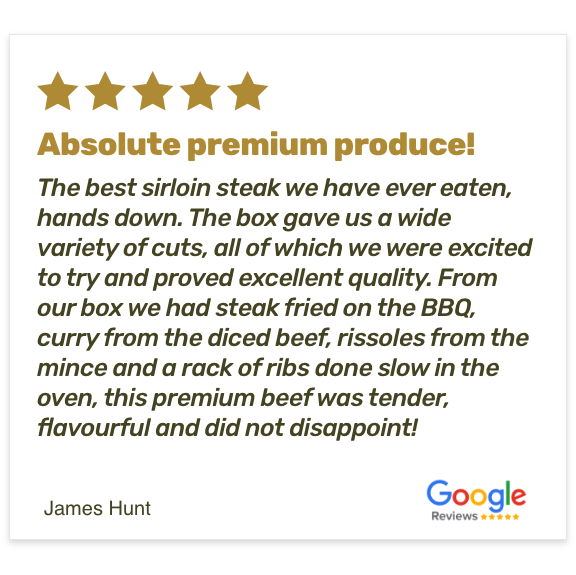Food as Medicine
People often ask what first led me to explore the idea of “food as medicine”.
For me, it began with a health crisis in my late twenties. At the time, I was raising a young family and knew I needed to be well, not just for myself but for my two-year-old daughter.
It’s been 40 years since then, and I’ve learned a lot along the way — through study, farming, and personal experience — about what truly supports long-term health.
My professional background is in medical biochemistry, and I spent many years working in the health system. But when it came to my own health, I started to question the conventional path, especially the focus on medication as the first response.
Instead, I sought out a nutritional naturopath. Her advice was to return to a whole food diet rich in pasture-raised fats and proteins, especially red meat, complemented with organic vegetables. It was a significant change at the time, but one that felt right.
Early on, I came across the work of Weston A. Price. His research fundamentally transformed my understanding of the crucial role that pasture-raised animal fats play in supporting the immune system and maintaining long-term health.
As I continued learning, I noticed how different this approach was from much of the mainstream advice being shared. A lot of what I had accepted as fact in my professional life didn’t quite stack up. The conventional food pyramid, the push for low-fat diets, the rise of processed foods — it didn’t reflect what actually supports human health.
Over time, these insights shaped not just my personal health, but the direction I wanted to take in life. Pasture-raised red meat became a major component of my diet and recovery.
Today, I’m a regenerative cattle farmer and a co-founder of Native Angus Beef. What we do here is deeply connected to the lessons I’ve learned, combining science and traditional farming knowledge to produce food that’s nourishing and responsibly raised.
At Native Angus Beef, we focus on raising cattle in a way that supports soil health, animal welfare, and full transparency from paddock to plate. Our cattle are pasture raised and finished on our regenerative farm, using practices that respect the natural rhythms of the land.
I’ve come to believe that how we farm and how we eat are closely linked. Food should support our health and wellbeing, but it should also support a better food system — one that cares for animals, for people, and for the environment.
One book that reinforced this perspective for me was “Call of the Reed Warbler” by Charles Massy. His research into regenerative farming in Australia showed that many farmers made big changes after a period of crisis or reflection. That idea resonated with my own experience.
Native Angus Beef is the result of many years of learning, both in science and on the land. It’s not just about producing high-quality beef. It’s about contributing to something better.
I’ll be sharing more of that journey in future posts, including what I’ve learned along the way about food, farming, and health.
As Einstein said, “Those who have the privilege to know, have the duty to act.”
By Susan Hendry
Co-Founder, Native Angus Beef
References:
Weston A. Price - www.westonaprice.org
“Call of the Reed Warbler” by Charles Massey
Recommended Reading :
“Nourishing Traditions: The Cookbook that Challenges Politically Correct Nutrition and Diet Dictocrats” by Sally Fallon & Mary Enig
